Have you ever thought about making your hunting interest become your job? Becoming a hunting guide can be a way to migrate your passion into a profession and offer your knowledge to others to enjoy hunting expeditions.
Here’s the complete detailed information you need about hunting guides, the skills and qualifications required, the state laws and regulations, and lastly, the employment.
As a result, you will be able to gain knowledge and training to have a successful career in this budding field if you have a passion for nature.
What Is a Hunting Guide?
A hunting guide is a well-experienced outdoors person who specializes in organizing hunting trips for his or her clients.
They are your hunting guide who will provide you with the best and safest hunting experience that does not violate the law. People hire hunting guides for several reasons that are given below:
- Expertise: Guides have intimate knowledge of the hunting grounds, animal behavior, and effective hunting techniques in a specific area.
- Safety: They prioritize safety by teaching proper gun handling, navigating unfamiliar terrain, and preparing for potential hazards.
- Success: Guides increase your chances of a successful hunt by locating target animals and using their experience to optimize hunting strategies.
- Experience: They can elevate your overall hunting experience by providing logistical support, preparing meals, and ensuring a comfortable and enjoyable time outdoors.
What Are Needed to Become a Hunting Guide?
Turning your passion for hunting into a guiding career requires a unique blend of skills, knowledge, and adherence to regulations. Here’s a breakdown of the essentials:
Essential Skills
- Expert Hunting Knowledge: You need a deep understanding of hunting techniques, animal behavior, tracking skills, and ethical hunting practices.
- Wilderness Expertise: Excellent navigation skills, knowledge of local flora and fauna, and the ability to handle various weather conditions are crucial.
- First-Aid and Survival Skills: Being proficient in first-aid, CPR, and wilderness survival is essential for ensuring client safety and handling emergencies.
- Communication and Interpersonal Skills: Strong communication skills are vital to explaining hunting strategies, managing client expectations, and building rapport.
- Physical Fitness: Guiding often involves demanding hikes, carrying gear, and navigating challenging terrain. Excellent physical fitness is a must.
Education and Training
- Formal education isn’t mandatory, but relevant courses in wildlife management, animal tracking, wilderness first-aid, and outdoor leadership can significantly enhance your qualifications.
- Hunter Education Certification: Most states require a valid Hunter education course completion certificate.
- Guide-Specific Training: Some states offer specific guide training programs or certifications.
State Regulations and Licenses
- Hunting Guide License: Every state mandates a hunting guide license. These licenses often require passing exams demonstrating knowledge of hunting regulations, wildlife identification, and ethical hunting practices specific to your state.
- First-Aid/CPR Certification: Many states require guides to hold current first-aid and CPR certifications.
- Additional Permits or Licenses: Depending on the type of hunting you specialize in (e.g., big game, waterfowl), additional permits or licenses might be necessary.
State-Specific Requirements
- Regulations and licensing requirements vary significantly from state to state. Contact your state’s wildlife agency for the most up-to-date information on specific licensing procedures and any mandatory guide training programs.
How To Become a Hunting Guide?
Equipping yourself with the necessary knowledge and experience is paramount to becoming a professional hunting guide. Here’s a roadmap to navigate this stage.
1. Deepen Your Knowledge Base
Self-Directed Learning: It is recommendable to read hunting books and magazines, search for articles on the internet, examine regional habits of animals you are planning to hunt, and look into wildlife management in the respective region.
Advanced Courses and Workshops: spending on professional courses in subjects such as identification of trophies, communication drills, and field dressing of games.
Species-Specific Certifications: One should further consider obtaining certifications for certain species of game that you intend to guide hunters on, as evidence of compliance with given standards (for instance the big game hunter education instructor course.
2. Network Within the Hunting Community
Outfitter Connections: Go online and look for hunting outfitters in the areas you wish to exist and apply for the guide position. Of course, outfitters perform a dual role sometimes acting as a guide’s trainers and offering them practical experience at the same time.
Professional Hunting Guide Associations: Associations such as The National Association for Professional Hunting Guides (NAPHG) or The Guide Association In Your State. These organizations provide avenues for interaction, information, and resources on settings as well as admission to mentorship programs.
Industry Events and Trade Shows: Hunt at public land and gifted hunt areas, during hunting seasons. Initiate contact with experienced guides, outfitters, and wildlife biologists to develop contacts and get first-hand information about the sector.
3. Gain Practical Experience
Volunteer Guiding Opportunities: Offer your services as a guide for non-profit organizations or conservation agencies that organize hunts for tourists. It lets you practice working in real conditions and gather experience that you can use in your portfolio.
Assist Established Guides: volunteering to help experienced guides on hunting forays in a learner or an apprentice status. This offers important hands-on training under the guidance of a professional nurse.
Start Small and Build Your Reputation: Once you are established, you may want to organize tours for less popular big game or small game hunting trips for days. With time and experience, you intend to expand on the kind of hunting that you do and start guiding for large game and long treks.
How Much Do Hunting Guides Make?
The money that hunting guides make is significantly dependent on the experience. Location, species, and some other factors. Here’s a ballpark range to consider.
Entry-level Guides: Beginners might start in the range of $150-$300 per day, with additional income potentially coming from tips.
Experienced Guides: Established guides with a strong reputation can command $500-$1,000 per day or even a flat fee per hunting trip (e.g., $3,000 for a 10-day elk hunt).
Top-Tier Guides: Highly experienced guides specializing in prime locations or trophy hunts can potentially earn upwards of $10,000 per hunt.
Important Considerations:
- Seasonal Work: Hunting is typically seasonal, so annual income depends on the number of guided hunts secured within a season.
- Expenses: Guides often shoulder some expenses like travel, food, and equipment, impacting their net income.
- Gratuities: Tips are a significant component of a hunting guide’s income, and exceptional service can lead to generous gratuities from satisfied clients.
Conclusion
Therefore, hunting guide is a profession that implies passion, knowledge, and dedication. Education, getting the license, and networking on the different forums can help you enjoy your passion for being outside and build a successful career.
Still, it is crucial to know that success depends on experience, so begin the journey low rank, acquire practical experience, and level up from a shooting guide to the championship level.


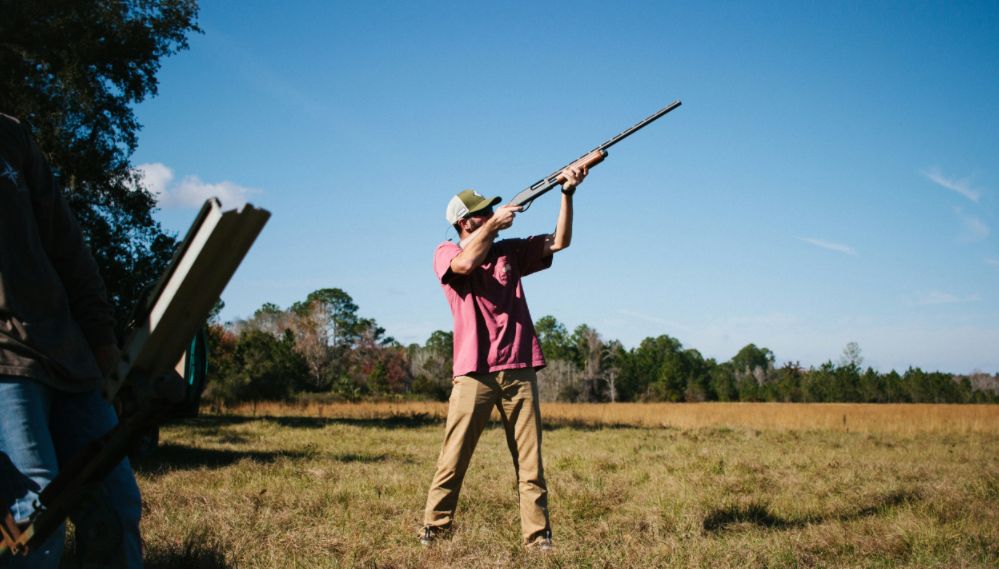
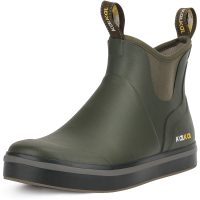
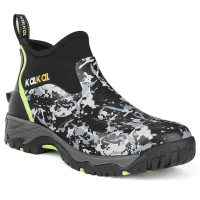

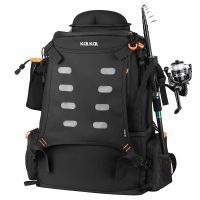

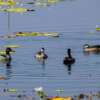



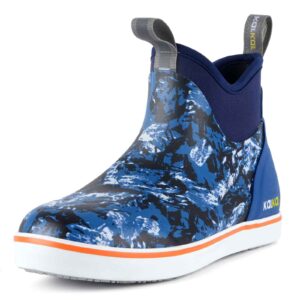
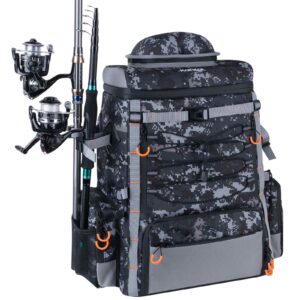

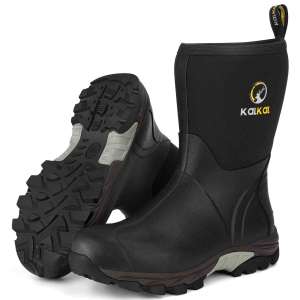
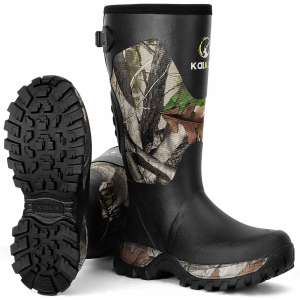


Leave a reply